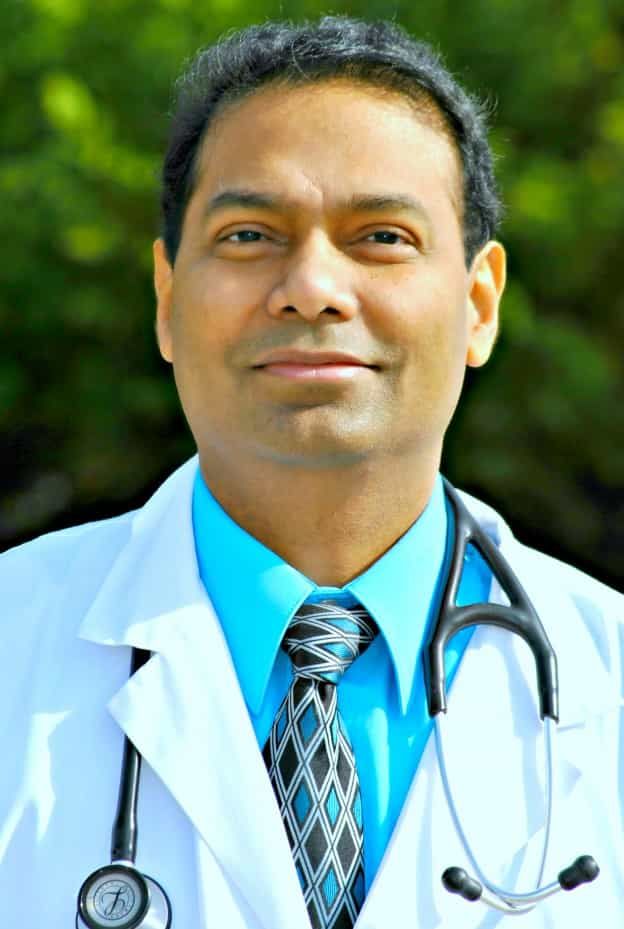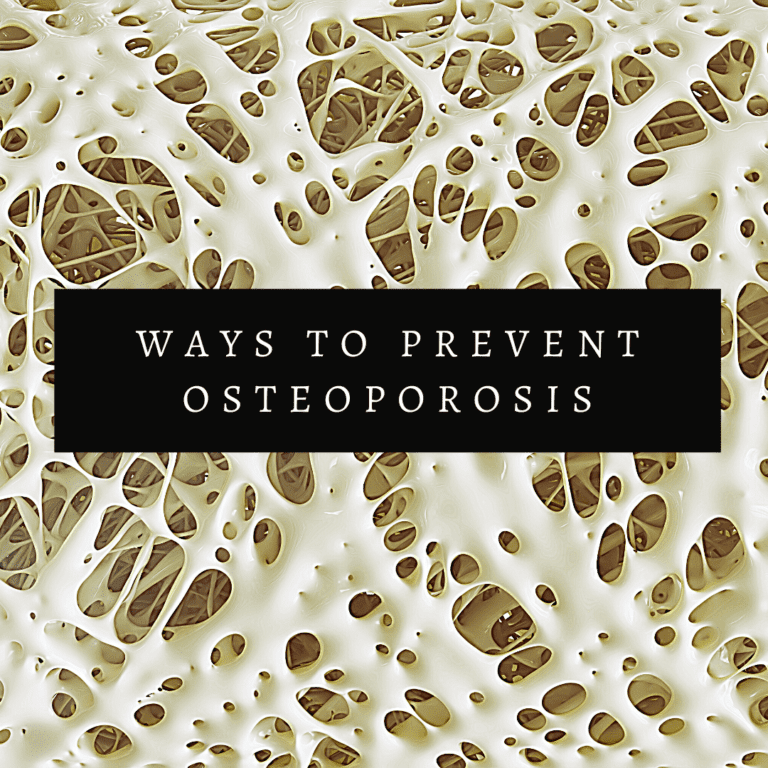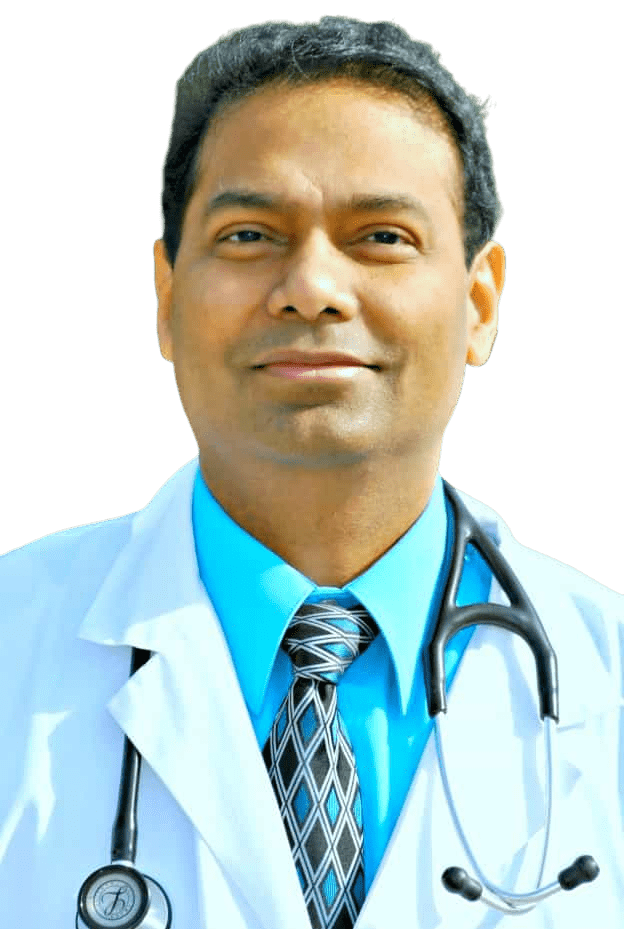During the month of May, the National Osteoporosis Foundation is celebrating National Osteoporosis Month. The name osteoporosis literally translates to “porous bones” and is a bone disease characterized by a dramatic reduction in bone density. Unfortunately, the more porous the bones are, the more fragile they become. This can ultimately lead to fractures from the simplest things, like coughing.
Contrary to popular belief, osteoporosis is not a normal part of aging and keeping your bones healthy can help decrease the chances of it developing. Here are some things you can do throughout your lifetime to reduce the risk of developing osteoporosis later in life:
Watch Your Diet

Calcium, vitamin D, and protein are all important dietary elements to maintain your bone health and prevent osteoporosis. In most cases, eating a healthy and balanced diet is enough to ensure you are getting adequate amounts of these nutrients. However in some cases, you may need to supplement calcium or vitamin D. Your doctor can help you determine if you need to make dietary changes or take supplements.
Some foods that encourage bone health include:
- Oily fish
- Eggs
- Dairy
- Dark green veggies
Exercise

Another way to maintain bone health is to strengthen your bones through exercise, specifically weight-bearing and resistance exercises. Weight-bearing exercises are those that make you carry your own body weight and include walking, running, dancing, and hiking to name a few. Resistance exercises are those that use weights, elastic bands, or water to act as an opposing force to strengthen muscles and bones. To keep your bones healthy, it is recommended to do a combination of these exercises at least 3-4 days a week.
Some exercises that are recommended for bone health include:
- Taking the stairs
- Racket sports
- Tai chi
- Weight lifting
- Push ups
- Squats
Be Aware of the Risk Factors
There are certain risk factors that may increase your odds of developing osteoporosis. Therefore, it is important to be aware of these risk factors so that you can speak with your doctor about specific preventive measures. These include:
- Being underweight (BMI less than 19)
- Having a vitamin D deficiency
- Getting less than 30 minutes of physical activity daily
- Avoidance to dairy products
- Excess alcohol intake
- Being a current or past smoker
- Adults over the age of 60
- Height loss
- Family history of osteoporosis, hip fractures, or a stooped back
- Frequent falls
- Low testosterone levels
- Early menopause (decreased estrogen levels)
- Having ovaries removed (decreased estrogen levels)
- Having rheumatoid arthritis
- Taking corticosteroids
- Having type 1 or 2 Diabetes
- Having hyperthyroidism or hyperparathyroidism
- Digestive diseases such as ulcerative colitis, Crohn’s, or coeliac disease
- Glucocorticoid treatments
Overall, there are a few things that you can do to reduce the risk of developing osteoporosis later in life. Eating a balanced diet and exercising regularly are two important aspects that you can control to minimize your risk. Additionally, being aware of your specific risk factors is another way to take preventative measures. While some risk factors can be controlled, others may be out of your control. However, you can speak with your doctor about preventative measures you can take to address your specific risk factors.

Dr Kumar is a highly skilled physician dedicated to providing gentle and effective care to patients of all ages and medical conditions. He achieved his degree in a field that he is passionate about. He believes that excellent health begins with education and has made his mission to enlighten patients to ways they can take greater control over their health. Dr Kumar is committed to continuing education activities and remaining aware of the latest advancements in Medical Science to maintain current high standards of care.




